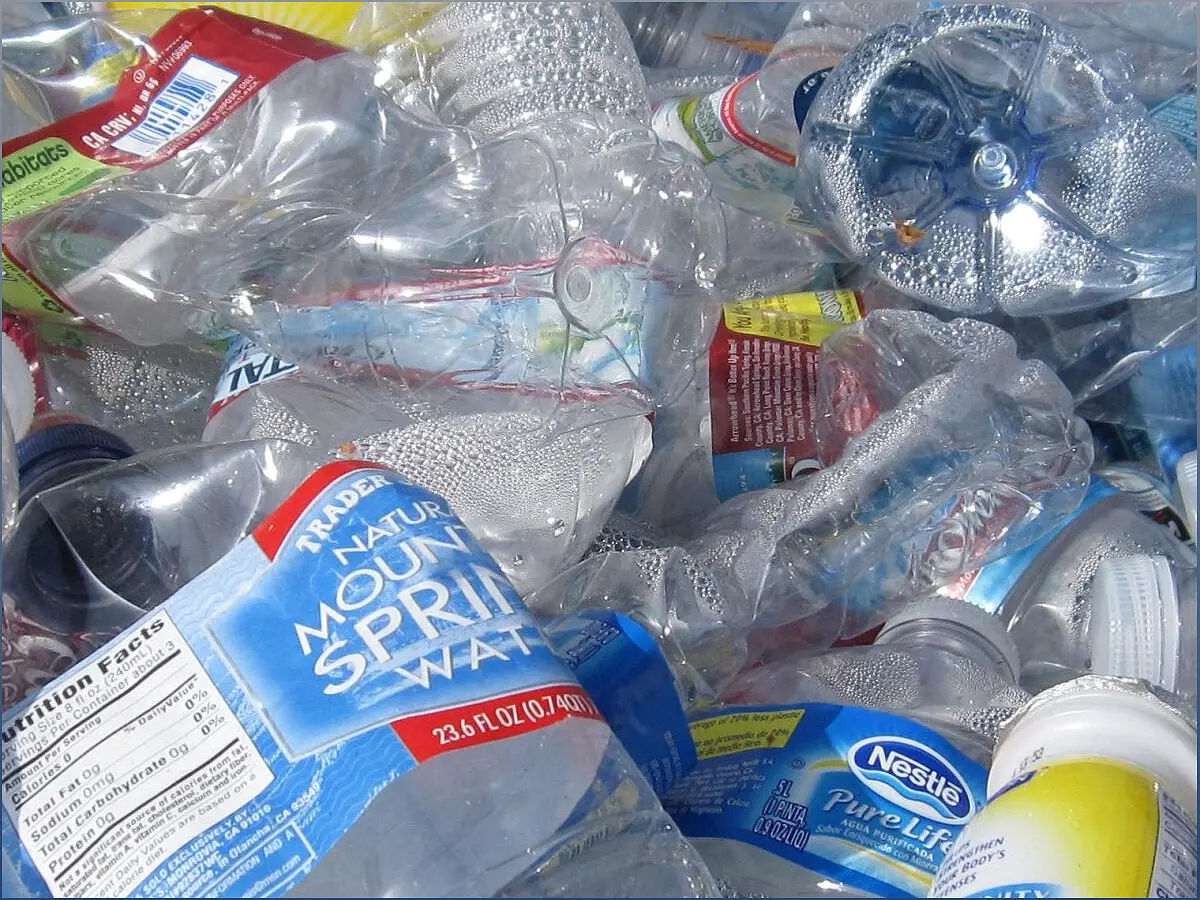An international group of 35 scientists has raised concerns about conflicts of interest in global plastic and chemical talks. In a recent publication, they emphasize the need for strict guidelines to prevent industry interference and ensure effective decision-making. This article delves into their warnings and recommendations, shedding light on the potential impact of these conflicts on our health and the environment.
Conflicts of Interest in Global Plastic and Chemical Talks
Understanding the concerns surrounding conflicts of interest in global plastic and chemical talks
Global plastic and chemical talks play a crucial role in addressing the environmental and health impacts of these industries. However, conflicts of interest have emerged as a significant challenge, potentially undermining the effectiveness of these discussions. It is essential to delve into the concerns surrounding conflicts of interest and their potential consequences.
One of the primary concerns is the involvement of industry representatives in these talks, which can lead to biased decision-making. The influence of powerful industries, such as plastic and petrochemical, can hinder regulatory efforts and delay necessary actions. This subheading explores the implications of conflicts of interest in global plastic and chemical talks and highlights the need for transparent and unbiased decision-making processes.
The Impact on Health and the Environment
Examining the potential consequences of conflicts of interest on human health and the environment
Conflicts of interest in global plastic and chemical talks can have far-reaching consequences for both human health and the environment. When industry representatives are involved in decision-making processes, there is a risk of prioritizing profit over public and environmental well-being.
For instance, misleading statements and misinformation spread by industry representatives can impede efforts to reduce contamination of air and water. This subheading delves into the potential impact of conflicts of interest on health and the environment, emphasizing the urgent need for unbiased decision-making to protect our well-being and the planet.
Lessons from Past Industry Interference
Drawing lessons from previous instances of industry interference in public health and environmental issues
Industry interference in public health and environmental issues is not a new phenomenon. Powerful industries, such as Big Tobacco and Big Oil, have a history of employing tactics to sow doubt and misinformation to protect their interests.
This subheading explores lessons learned from past instances of industry interference and highlights the need to prevent similar tactics from affecting global plastic and chemical talks. By understanding the strategies employed by industries in the past, we can better safeguard the integrity of decision-making processes and ensure the protection of public health and the environment.
Protecting the UN Science Policy Panel
Addressing concerns and recommendations to protect the UN Science Policy Panel from conflicts of interest
The establishment of the UN Science Policy Panel on chemicals, waste, and pollution presents an opportunity to address these concerns and prevent conflicts of interest from undermining scientific assessments.
This subheading outlines the key recommendations put forth by the group of scientists to protect the UN Science Policy Panel. These recommendations include defining clear conflict of interest provisions, conducting regular audits, and ensuring transparency in decision-making processes. By implementing these measures, we can safeguard the integrity of the Panel's work and ensure that it remains free from undue industry influence.
Conclusion
Conflicts of interest in global plastic and chemical talks pose a significant challenge to effective decision-making processes. The involvement of industry representatives can lead to biased outcomes and hinder necessary actions to address environmental and health concerns. It is crucial to prioritize transparency, unbiased decision-making, and the protection of public and environmental well-being in these discussions.
FQA
What are the potential consequences of conflicts of interest in global plastic and chemical talks?
Conflicts of interest can have far-reaching consequences, impacting human health and the environment. Misinformation and biased decision-making can impede efforts to reduce contamination of air and water, posing risks to public well-being and the planet.
How can we protect the UN Science Policy Panel from conflicts of interest?
To protect the UN Science Policy Panel, it is essential to define clear conflict of interest provisions, conduct regular audits, and ensure transparency in decision-making processes. These measures will help safeguard the integrity of the Panel's work and prevent undue industry influence.
What can we learn from past instances of industry interference?
Past instances of industry interference in public health and environmental issues highlight the need to be vigilant and proactive in preventing conflicts of interest. By understanding the tactics employed by industries in the past, we can better protect the integrity of decision-making processes and prioritize public and environmental well-being.

